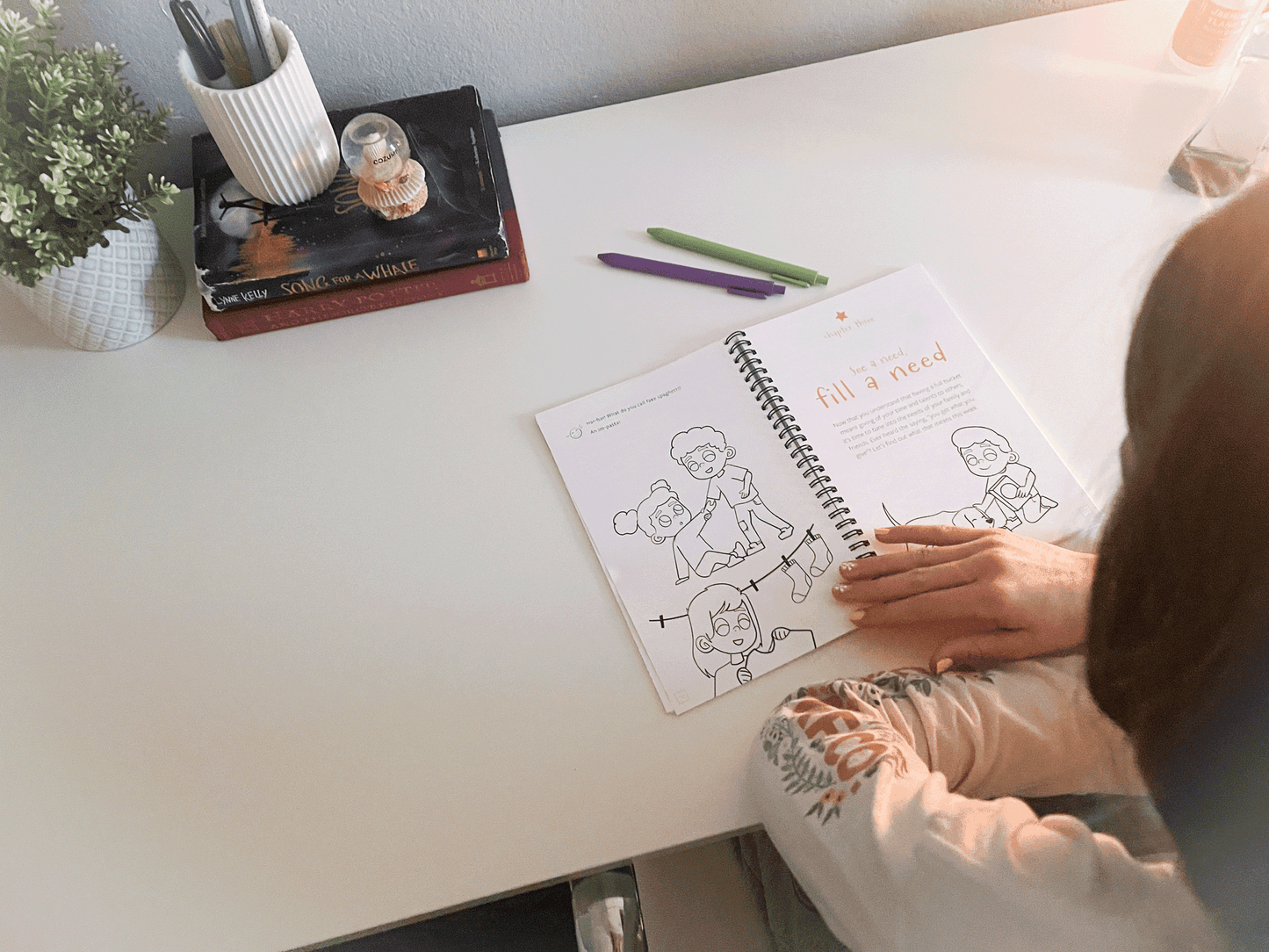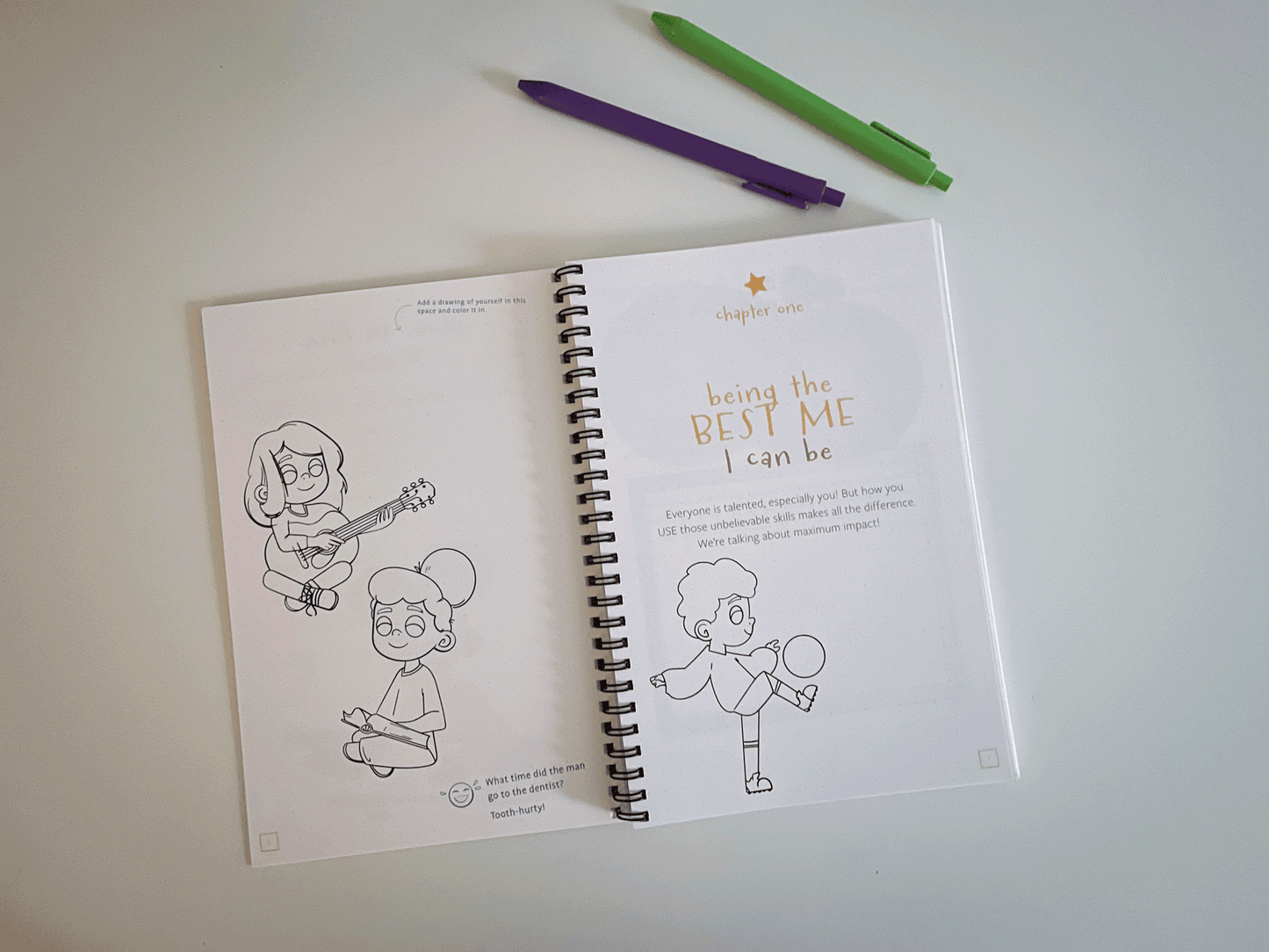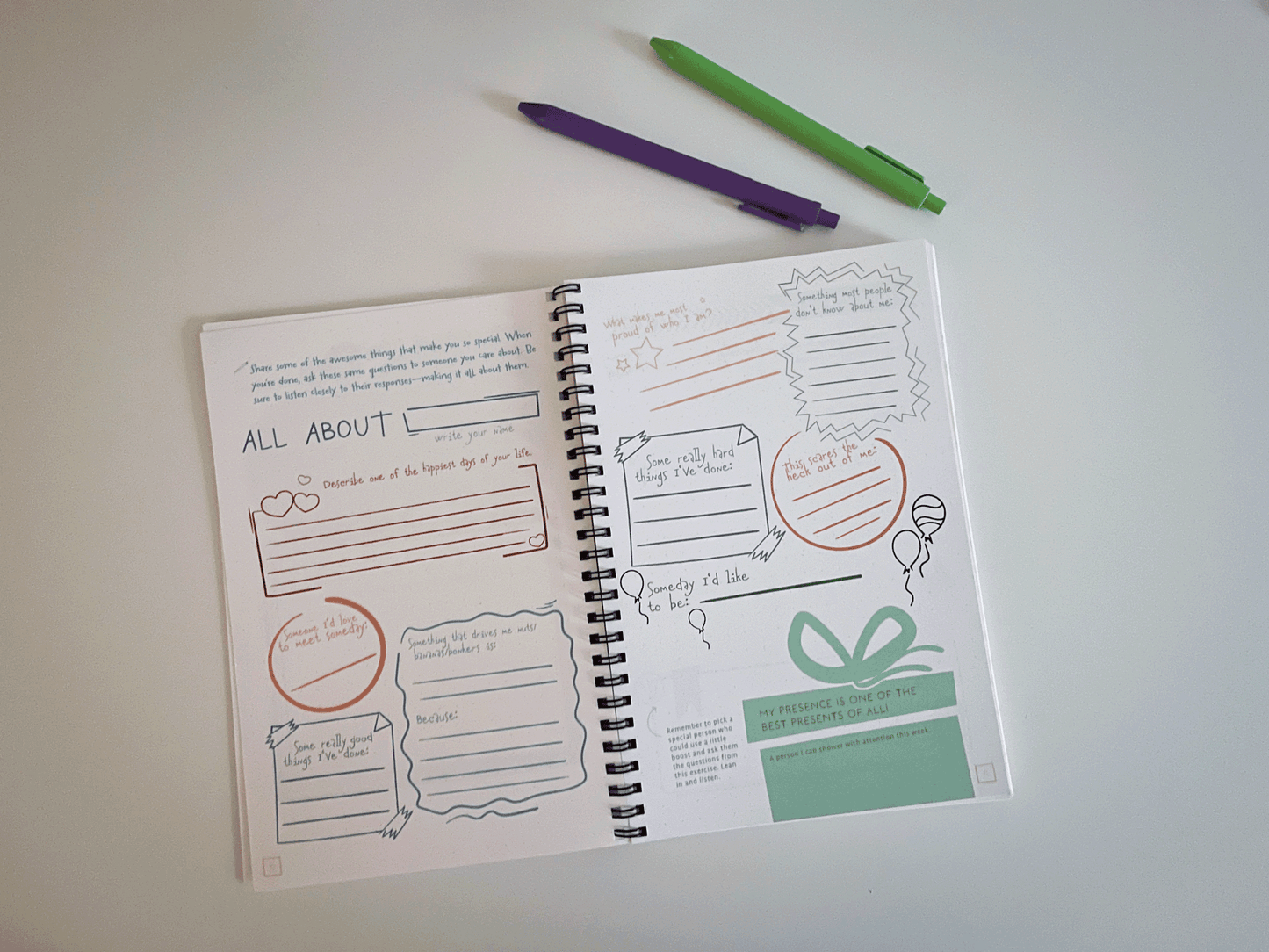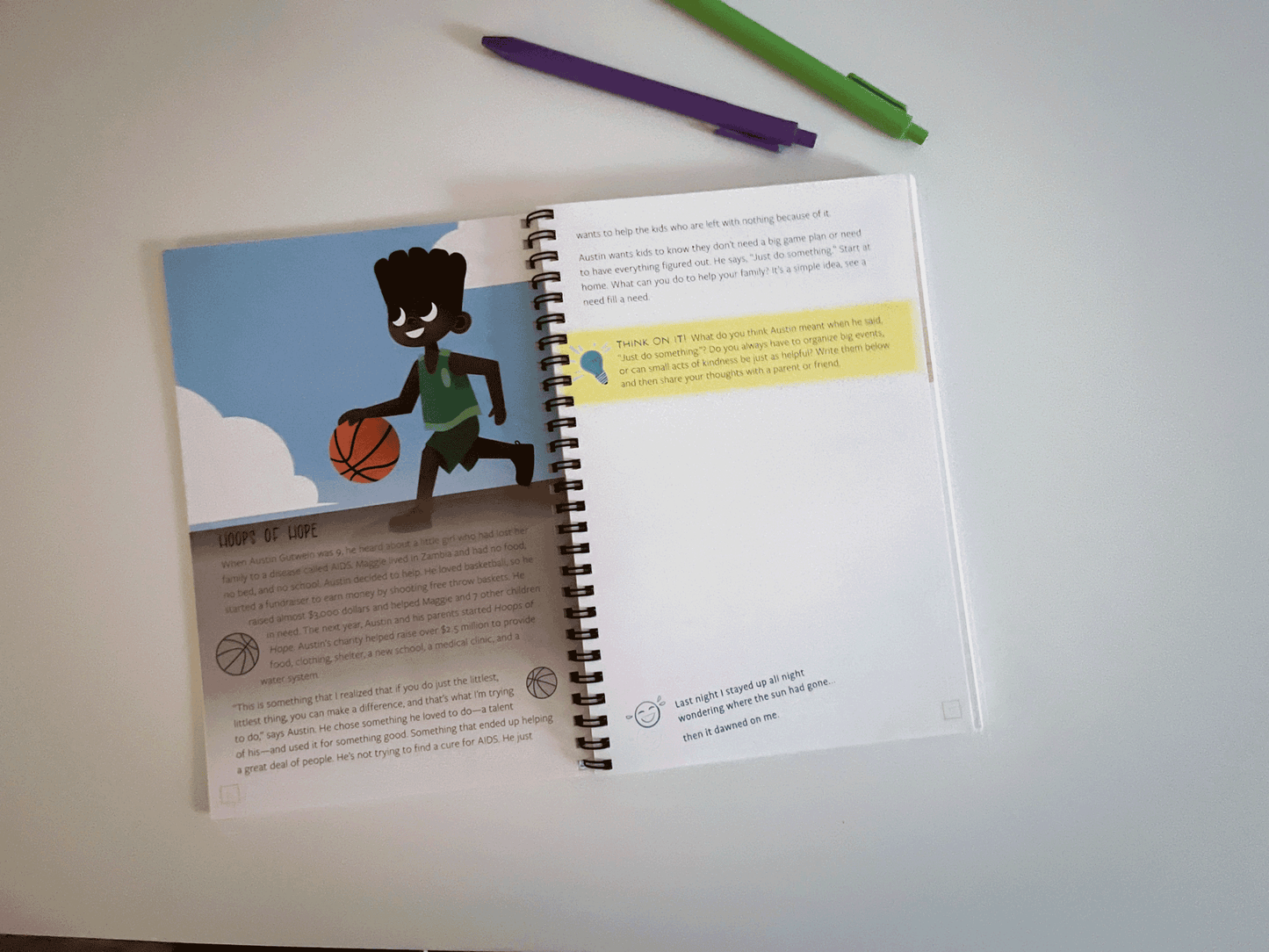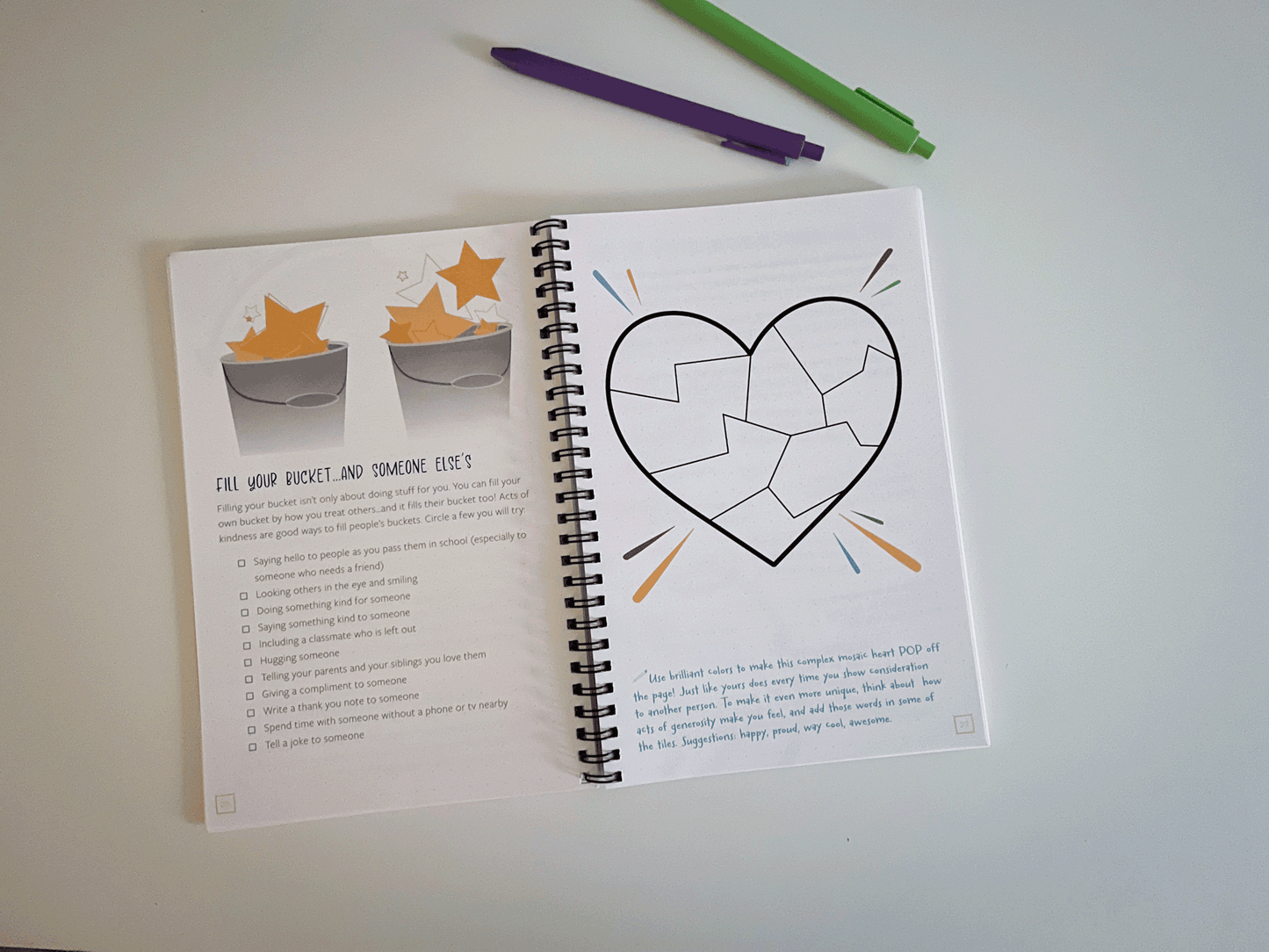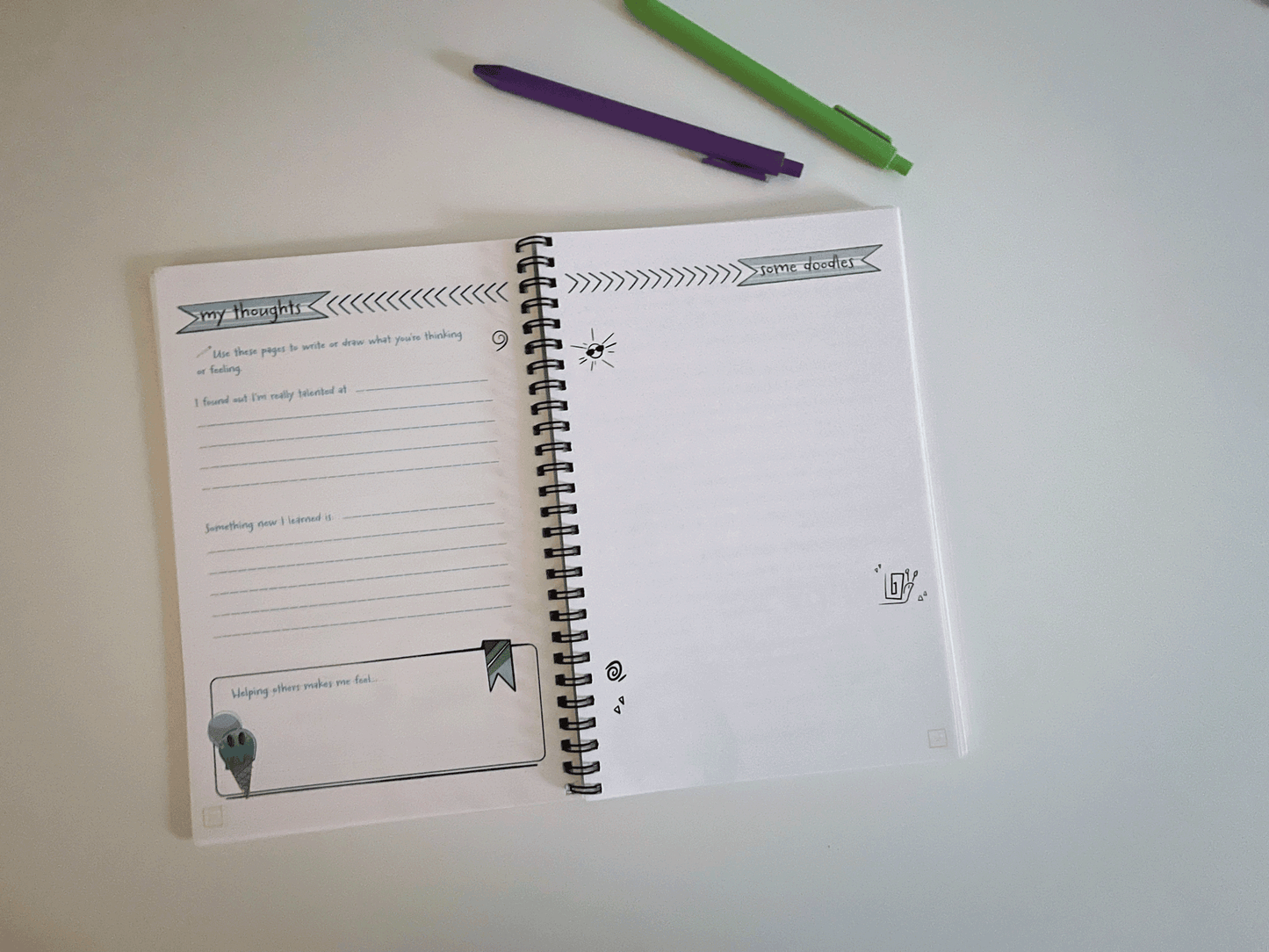STRENGTH-BASED PARENTING HAS A DIRECT IMPACT ON KIDS' WELL-BEING
Aly McCarthy
Knowing and using our strengths is important for the development of every human being, and this is especially true for our kids. It seems intuitive that children who grow up to use their strengths will have a greater sense of well-being in adulthood. Research is now showing the amazing impact that parents have when encouraging their kids to use their strengths using a method called Strength-Based-Parenting.
A strength in this context is a general term for something that a person naturally finds energizing. This could be a moral virtue that a child harbors, a talent such as creative writing, or a personality trait. The important point here is that the strength is authentic to the individual and it is enjoyable to them. A parent who employs strength-based parenting provides their kids with specific feedback about their strengths, acknowledging the things their child does well and helping them find applications to use them.
Researchers who have studied the effects of our strengths on well-being have come to find that it’s much more important for individuals to use their strengths than to simply know them. Although knowing our strengths can positively impact a person’s outlook, life satisfaction is better determined by whether a person actually uses their strengths. While many mentors and teachers do a great job helping kids identify their strengths, parents have a special role in helping them put their strengths to use.
Parents who offer strength-based feedback to their kids have a direct impact on the likelihood of their children employing their strengths and pursuing growth in this area. Since strength use has a direct relationship with life satisfaction, parents who use this method can positively impact the well-being of their children and help them to develop new skills that will be valuable for them in the future. Aside from encouraging strength use, this type of parental feedback also contributes to a general sense of well-being in their children.
There are some techniques, however, that parents can use to help make their strength-based feedback more impactful for their kids. The impact of a parent’s feedback can be limited by the child/adolescent’s growth mindset regarding their strength. Kids who have a fixed mindset about growth in this area may see the strength as something given to them that cannot be developed. In this case, it’s likely that they will not spend much time trying to improve and develop that skill. However, the kid who has a growth mindset about their strength believes that their strength is something they must work at to improve. In this case, the child/adolescent is much more likely to begin using their strength when given feedback from their parent.
The good news is that parents play a role in developing the growth mindset in their children and this trait is malleable. When framing the feedback for kids, try to focus on the process and their hard work rather than the actual accomplishment or an innate trait. For example, if a child gets a good grade on a test you may say, “Good job! Your hard work studying paid off,” rather than simply telling them they are smart.
It is such an honor as parents to play this important role in kid’s lives, and now with this new research we can be encouraged that our kids are listening to and benefitting from the feedback given to them. Just like the rest of us, kids need reminders from time to time about the strengths that they possess. Let’s be that reminder to our kids, encouraging them to pursue their unique strengths and grow to use them.





